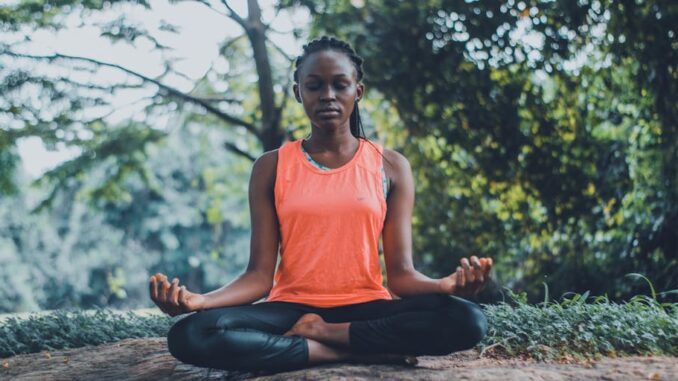
Embarking on the journey to recovery from substance use disorder is akin to navigating a winding path through a dense forest. The terrain is often challenging, filled with emotional upheavals and physical discomforts. However, integrating relaxation techniques into your daily routine can serve as a compass, guiding you toward a healthier, more balanced life.
The Role of Relaxation in Recovery
Stress is a formidable adversary in the battle against addiction. It can trigger cravings, fuel negative emotions, and even lead to relapse. By incorporating relaxation techniques, you equip yourself with tools to manage stress effectively, fostering emotional resilience and promoting overall well-being.
Effective Relaxation Techniques
Deep Breathing Exercises
Imagine standing at the edge of a serene lake, taking in the fresh air. Deep breathing exercises can help you achieve a similar sense of calm. By inhaling deeply through your nose, holding for a few seconds, and exhaling slowly through your mouth, you activate your body’s relaxation response, reducing anxiety and promoting a sense of peace. (lighthouserecoveryinstitute.com)
Progressive Muscle Relaxation (PMR)
Consider the tension in your shoulders after a long day. PMR involves systematically tensing and relaxing different muscle groups, helping to alleviate physical tension and stress. Starting from your feet and moving upward, you can release built-up tension, fostering relaxation and well-being. (lighthouserecoveryinstitute.com)
Mindfulness Meditation
In a world filled with distractions, mindfulness meditation offers a sanctuary. By focusing on the present moment without judgment, you can reduce stress and enhance emotional clarity. This practice not only calms the mind but also increases self-awareness, aiding in the management of cravings and negative emotions. (nccih.nih.gov)
Incorporating Relaxation into Daily Life
Integrating these techniques into your daily routine can be transformative. Setting aside specific times each day for practices like deep breathing, PMR, or mindfulness meditation can help you build a foundation of calmness and resilience. Over time, these practices can become second nature, supporting your journey toward long-term sobriety and personal growth.
References


Be the first to comment